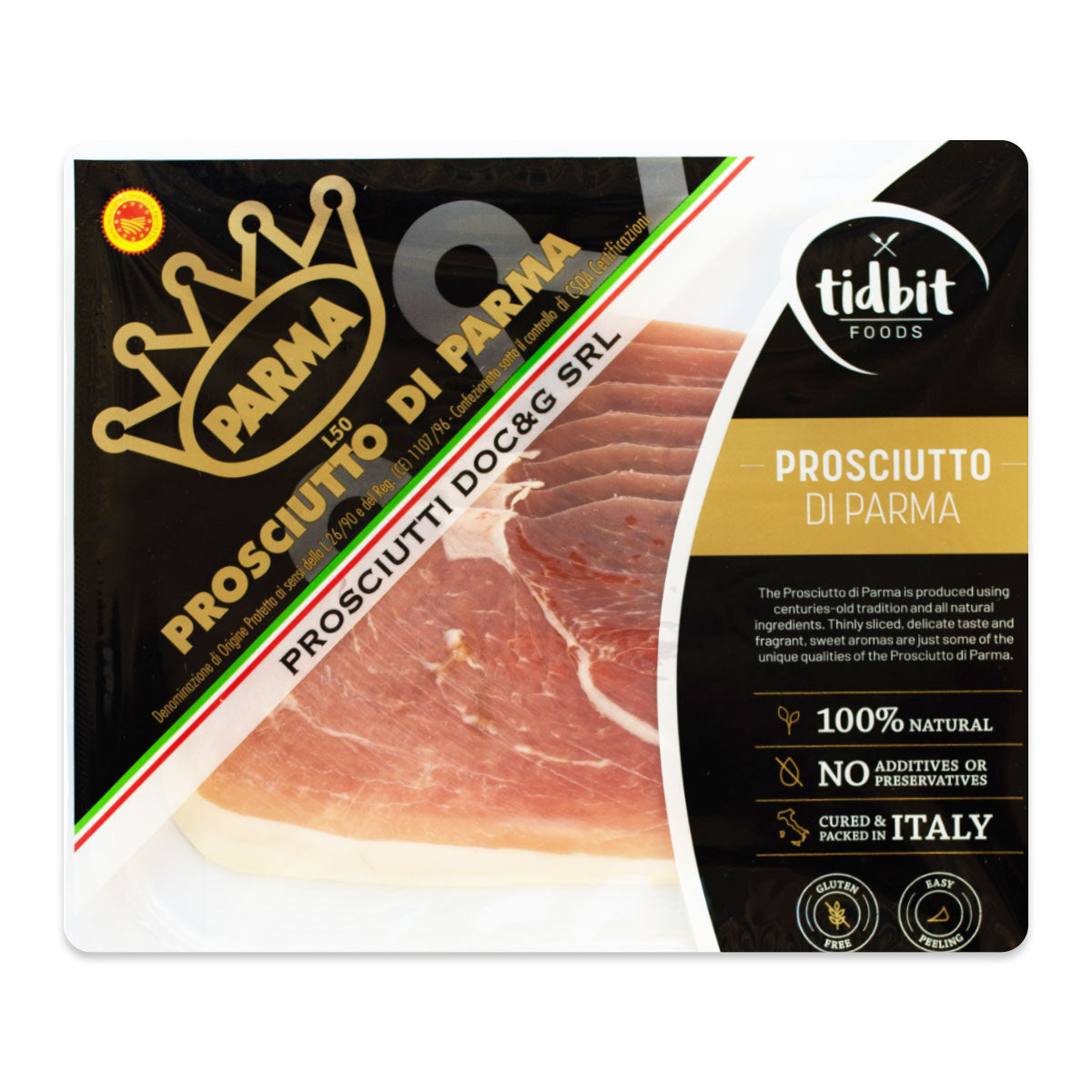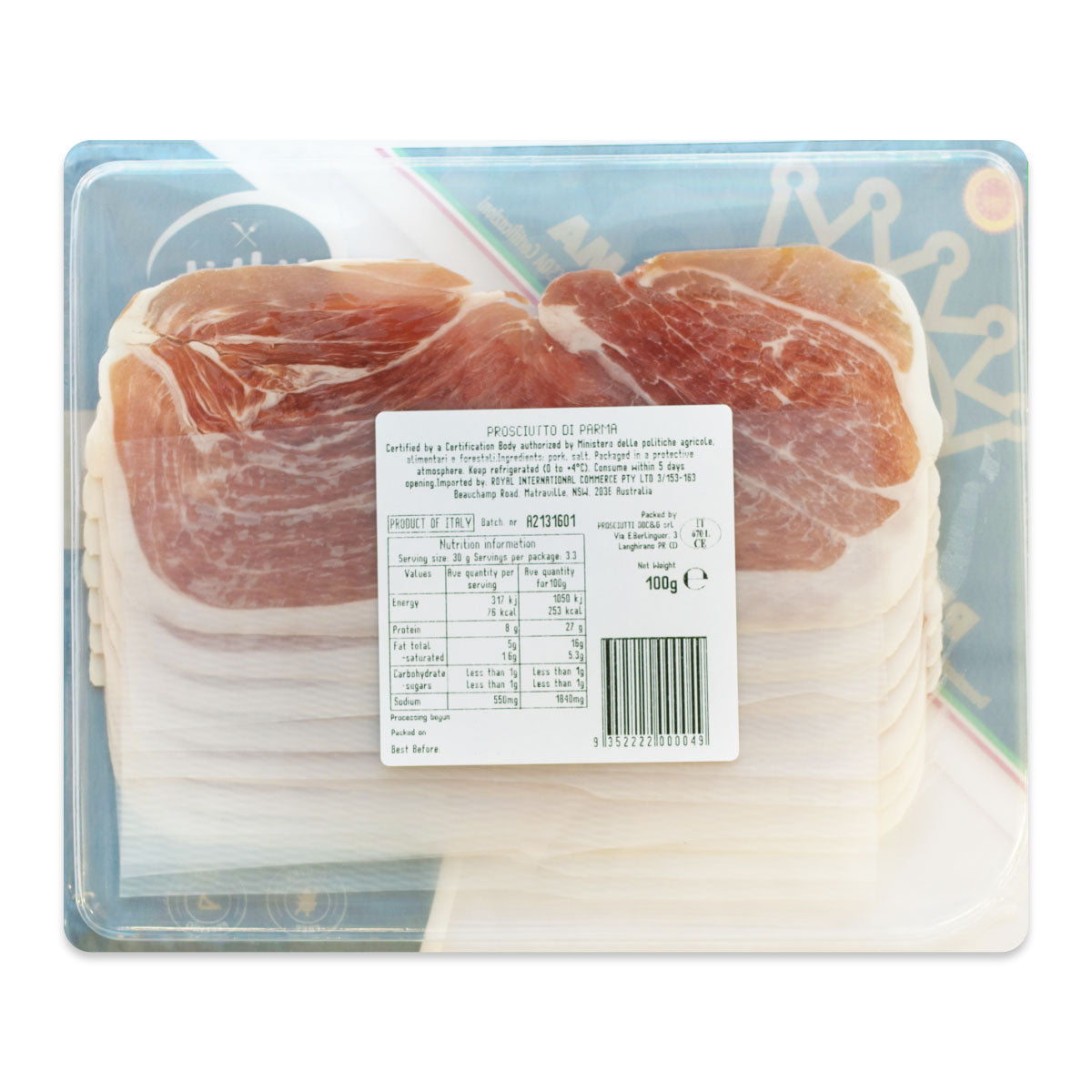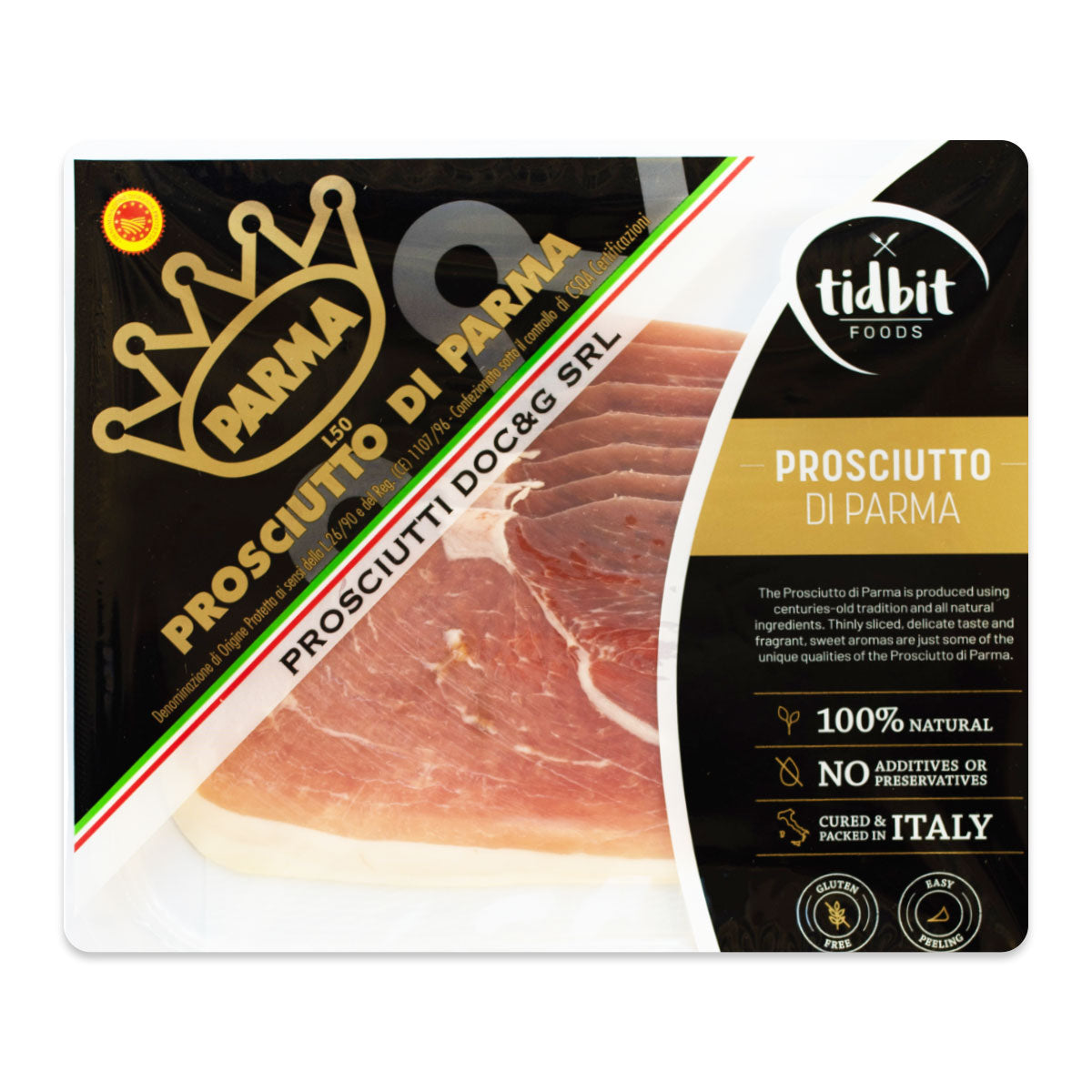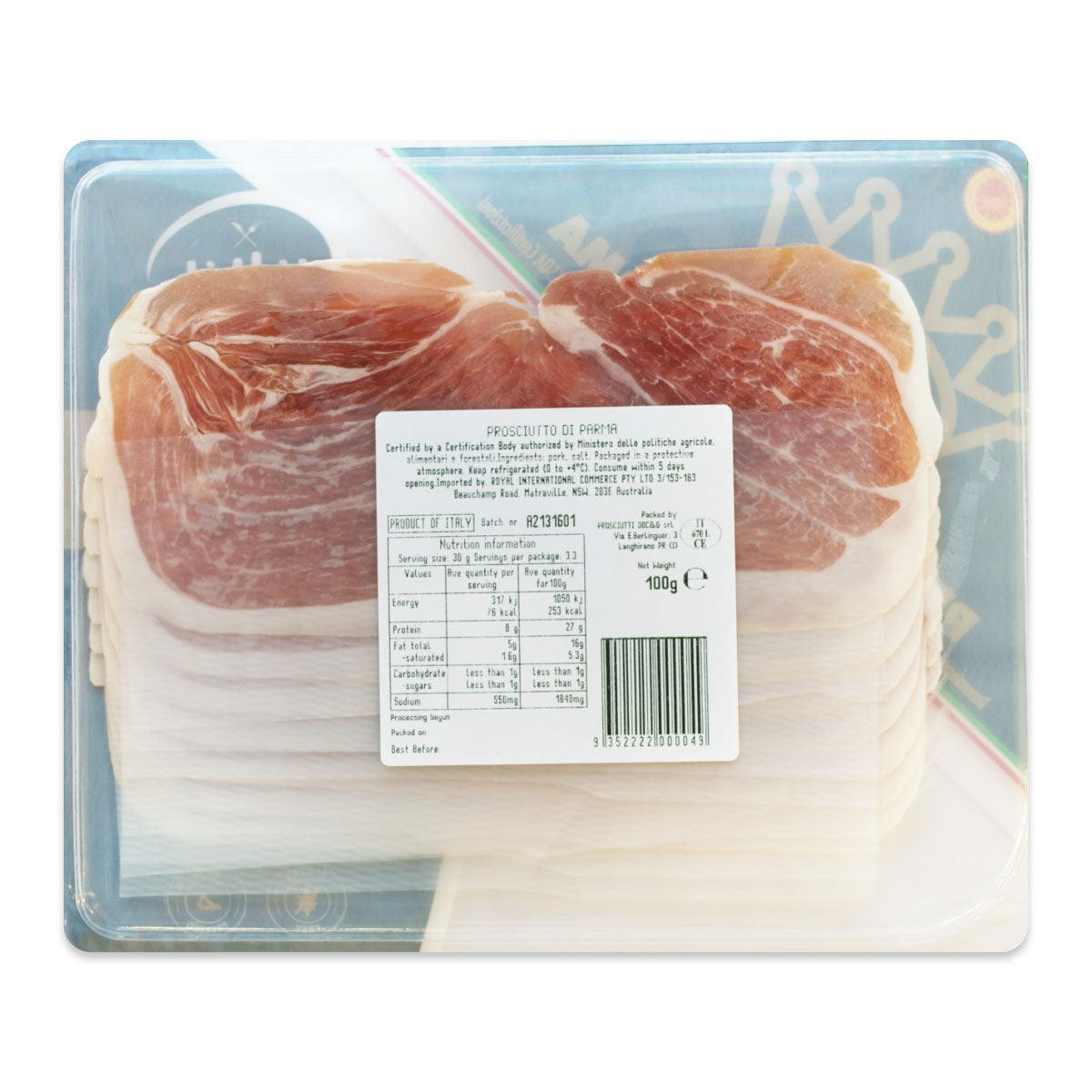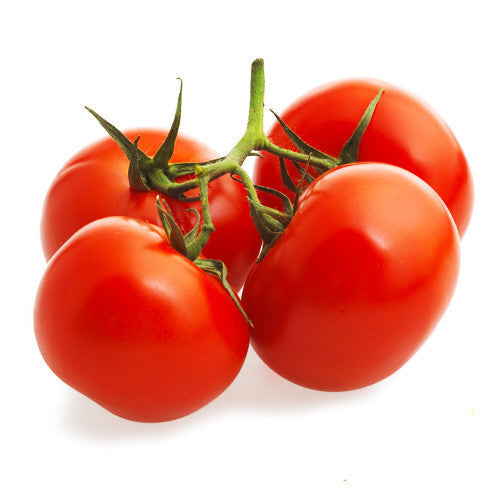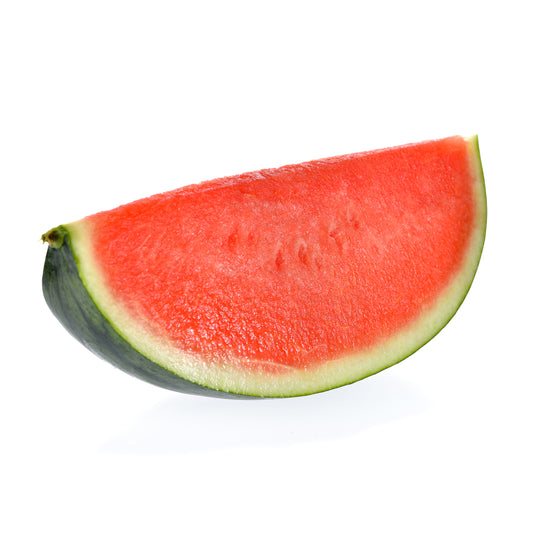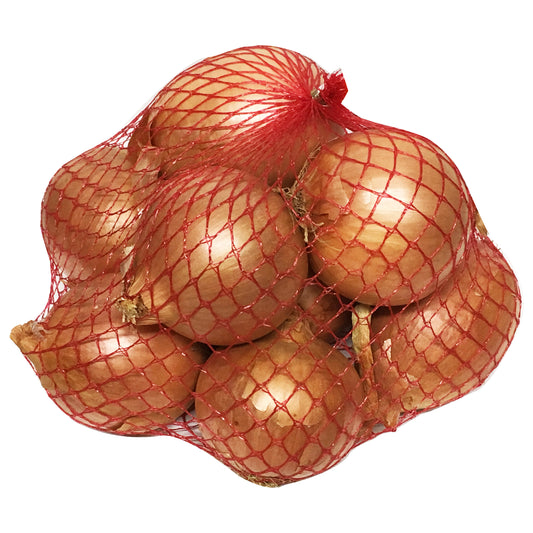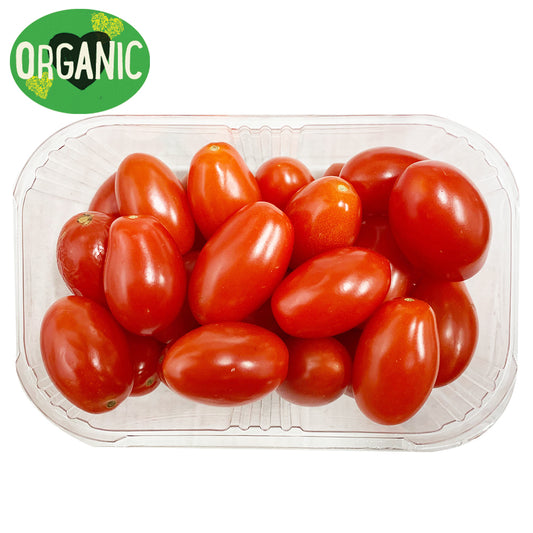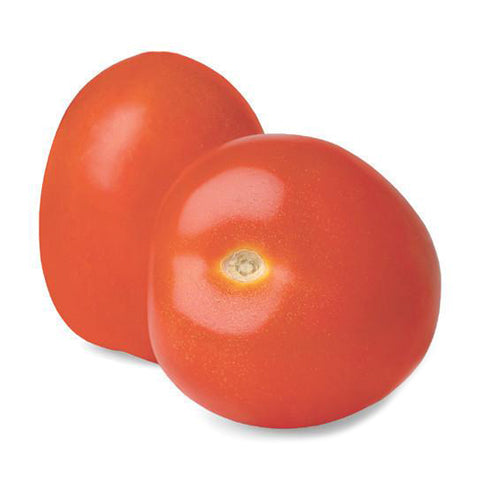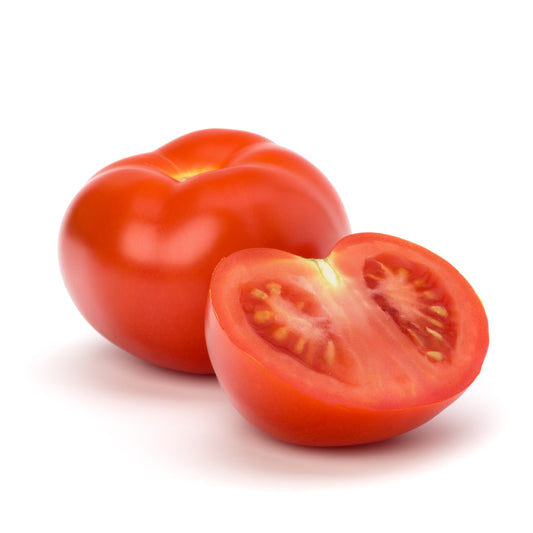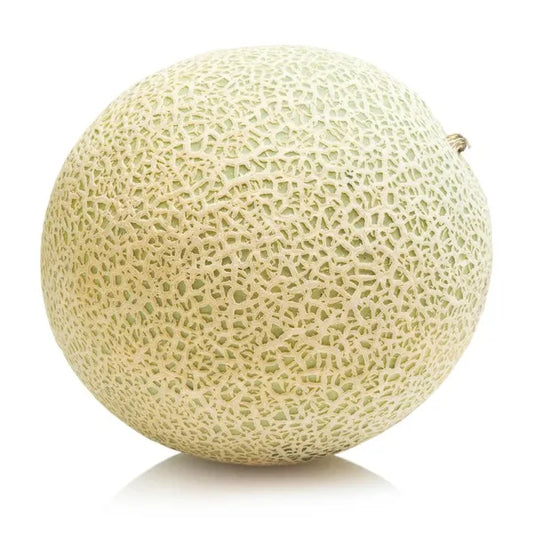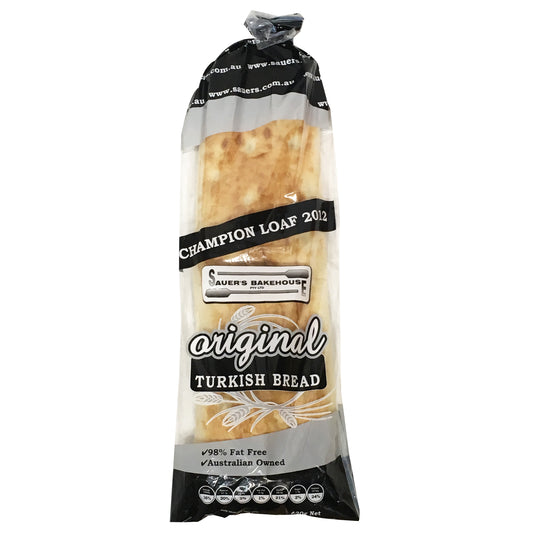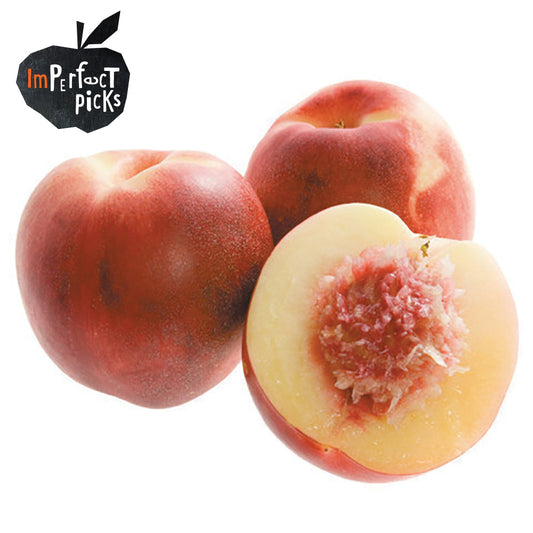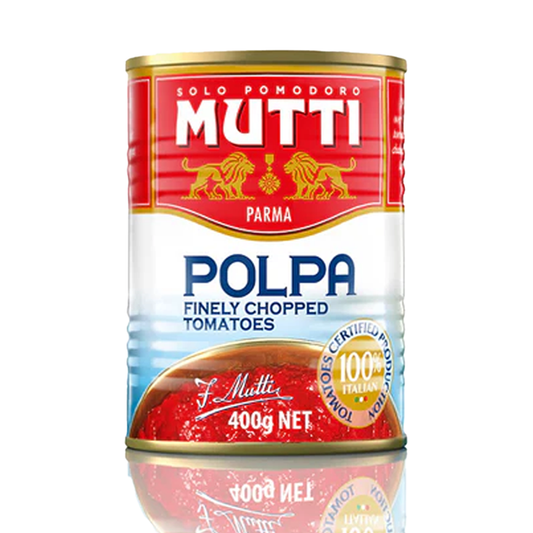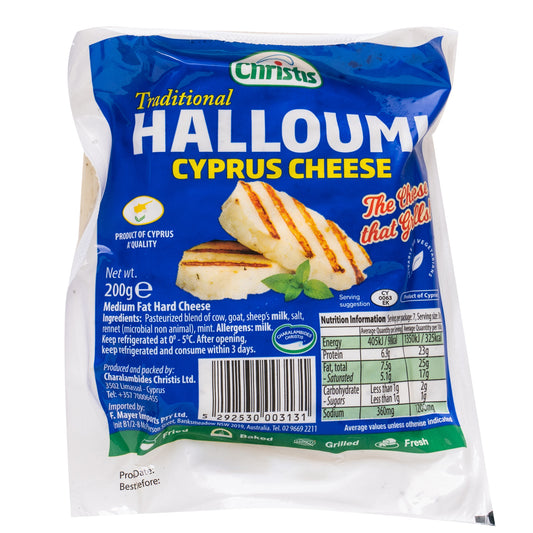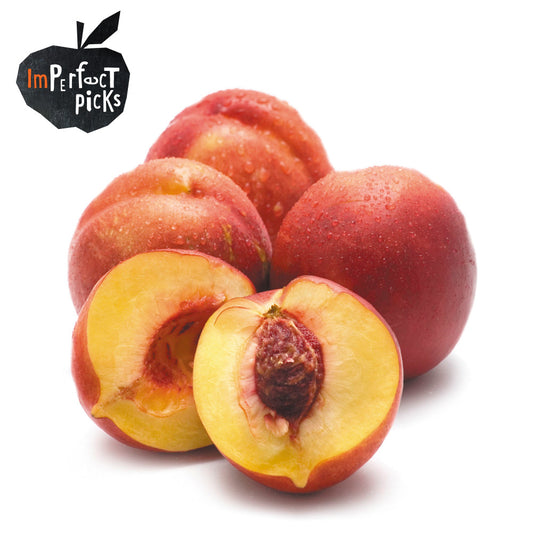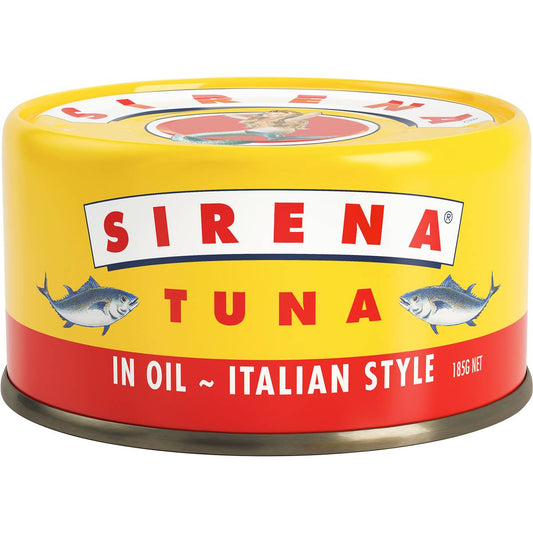Tidbit Foods Prosciutto Di Parma DOP 100g
Tidbit Foods Prosciutto Di Parma DOP 100g
Couldn't load pickup availability
Tidbit Foods Prosciutto Di Parma DOP
The history and region of Prosciutto di Parma production are what set it apart from other prosciutti in the world. Since Roman times, this geographically protected food has been world renowned for its delicately salty, yet uniquely sweet flavor and buttery texture.
Although many food lovers are learning how to cure their own prosciutto, including chefs, Prosciutto di Parma still sets the standard. In Parma, making prosciutto is part of an age-old tradition passed on from generation to generation and many of the methods used thousands of years ago have remained the same.
Despite thousands of years of curing, Prosciutto di Parma has always been 100% natural, containing no additives, preservatives or hormones. Aged twice as long as many other prosciuttos, Prosciutto di Parma creates a depth of flavor. There’s no prosciutto with the same delicate, savory-sweet taste and buttery texture.
History of Prosciutto di Parma
Prosciutto di Parma was born in the ancient Roman times when Cato the “Censor” first mentioned the extraordinary flavor of the air-cured ham made around the town of Parma in Italy. At the time, the legs were left to dry, greased with a little oil and aged without spoiling, leading to a tasty meat with a pleasant flavor. The famous Italian ham even makes a cameo in the world’s first mock heroic poem by Alessandro Tassoni, La secchia rapita, published in 1622.
Where is Prosciutto di Parma from?
Emilia Romagna is one of the differentiating factors that set Prosciutto di Parma apart from all other hams. The rolling hills around Parma create an ideal environment that includes the Apennine Mountains, which offer crisp breezes that flow from the Adriatic Sea and a distinct microclimate that gives Prosciutto di Parma its uniquely sweet flavor. Emilia Romagna is also home to Parmigiano Reggiano and balsamic vinegar. Learn more about the region by planning a trip to an Italian prosciuttificio.
